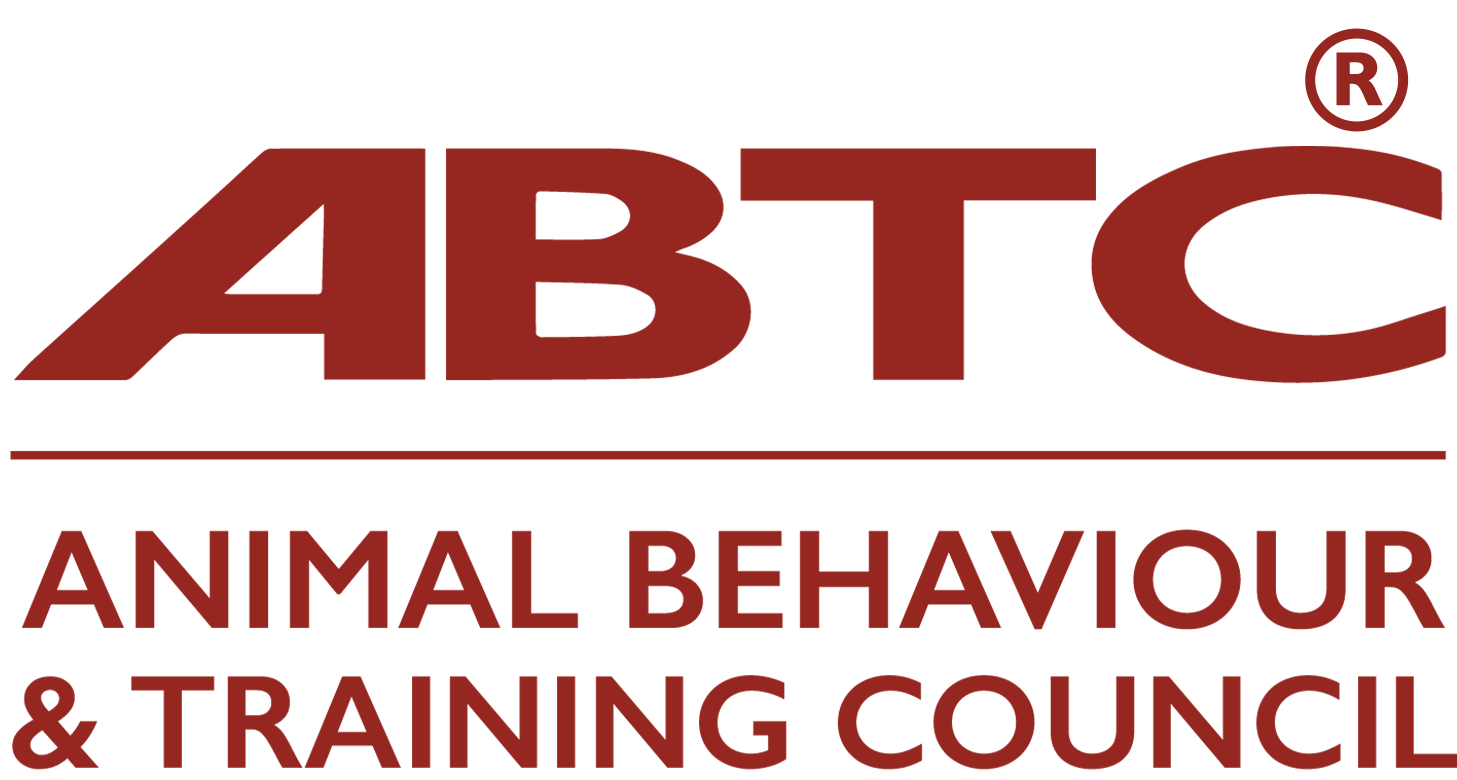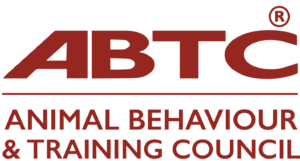The Council was launched to co-ordinate the much needed regulation of those engaged in the behaviour modification and training of animals.
The Council has a number of purposes.
At the moment, anyone can call themselves a trainer/instructor or behaviour expert regardless of their training or experience. This can lead to poor practice risking animal welfare and the safety of those who implement the advice. The Council aims to set standards for the knowledge and skills required to be a recognised, accredited or certified professional. The Council is the only animal welfare charity that is primarily concerned with protecting the psychological welfare of animals undergoing training and behaviour activities.
Yes. You can find a copy of the Code of Professional Conduct for Practitioners of Animal Training and Behaviour Therapy here
Yes. You can find a copy of ABTC’s Diversity, Equity and Inclusivity statement here.
The Animal Behaviour Training Council serves the following two charitable aims:
- To promote humane practice in the training and behaviour therapy of animals and;
- To lobby for improvements in animal welfare related to behaviour and training of said animals
Registered Charity Number 1164009 (England and Wales), SC048256 (Scotland)
In recent years more and more people have turned an interest in their pets into a money-making business. This has fuelled the demands for regulation. Calls for the formation of such a Council started as far back as 2004 and talks between professional bodies resulted in the formation of the Council in 2010.
Without specific legislation, membership of the Council is voluntary. However, we believe that in many ways industry self-regulation is a better option than enforced control. Membership is only open to approved professional organisations and their assessed members will appear on the Council’s register.
There is a fee to professional organisations which goes towards helping achieve the charitable aims and the running costs of the Council. More information about membership categories and costs can be found here.
Any income will be used to cover overheads such as web design and website hosting, printing, secretariat support and insurance with future costs anticipated for the Council’s own accreditation. There will be no profits for distribution and much of the work that has gone into creating the Council has been given voluntarily.
Practitioners will have the opportunity to show the public that they have undergone specific training and reached the professional standards required by the Council. It means that animal owners can have confidence in choosing practitioners to help them with their training or behaviour challenge.
Currently, animal owners have no indication whether their chosen trainer/instructor or behaviourist has received any kind of training or is implementing approved methods. We believe that the formation of the Council is a great step forward for animal welfare and greater clarity for the public.
There is a fee for practitioners to join the registers.
You will find FAQs for Practitioners here
There are some practising trainers/instructors and behaviourists who use methods and techniques which can cause pain and fear and may compromise welfare. These methods are not only unacceptable but unnecessary. Long term changes in behaviour can be achieved through use of reward based methods which the Council strongly advocates.
The Animal Welfare Act 2006 ( http://www.legislation.gov.uk/ukpga/2006/45/contents ) introduced a duty of care on those responsible for animals to take all reasonable steps to ensure that the needs of an animal are met. An animal’s needs include protection from pain, suffering, injury and disease. Training or behaviour modification that breaches this important duty can give rise to an offence irrespective of whether or not the animal is considered to have suffered. The Animal Welfare Act 2006 also makes provision for those who subject animals to treatment which results in the animal being caused unnecessary suffering.
We are only able to take applications for membership from professional organisations that represent practitioners with suitable qualifications and/or experience. Please do speak to your organisation if you think they should look at membership of ABTC.
Until now any standards have been those decided upon by each of the many individual organisations and they range from little more than paying a membership fee to a requirement for a high level of education and a long period of supervised experience.
Please have a look at this table to see the differences.
In order to be regarded as a coherent profession and recognised by Government as such a number of requirements must be satisfied, the following points are a very brief overview of those requirements:
- Governance must be independently accountable and transparent
- Defined technical competence based on a standard body of knowledge (education requirements).
- Defined technical competence based on a standard of performance criteria (assessment of skills)
- Complaints and disciplinary procedure must be in place.
- Standards of ethical personal and business practice including customer service, financial probity and advertising must be adhered to.

